 A group that leverages corporate dollars to improve municipal recycling has backed a Pennsylvania glass aggregate manufacturer, part of an effort to bolster buyers of curbside recyclables.
A group that leverages corporate dollars to improve municipal recycling has backed a Pennsylvania glass aggregate manufacturer, part of an effort to bolster buyers of curbside recyclables.

 Colin Staub was a reporter and associate editor at Resource Recycling until August 2025.
Colin Staub was a reporter and associate editor at Resource Recycling until August 2025. A group that leverages corporate dollars to improve municipal recycling has backed a Pennsylvania glass aggregate manufacturer, part of an effort to bolster buyers of curbside recyclables.
A group that leverages corporate dollars to improve municipal recycling has backed a Pennsylvania glass aggregate manufacturer, part of an effort to bolster buyers of curbside recyclables.
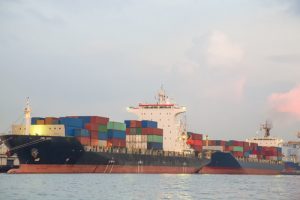 Chinese authorities have announced the country will prohibit some grades of recovered paper and plastic from being imported by the end of 2017. One U.S. group said that action would have a “devastating impact” on the wider recycling sector.
Chinese authorities have announced the country will prohibit some grades of recovered paper and plastic from being imported by the end of 2017. One U.S. group said that action would have a “devastating impact” on the wider recycling sector.
 Newspaper publishers in British Columbia have submitted a plan aimed at bringing them into compliance with the Canadian province’s extended producer responsibility regulations.
Newspaper publishers in British Columbia have submitted a plan aimed at bringing them into compliance with the Canadian province’s extended producer responsibility regulations.

House lawmakers tasked with crafting a U.S. EPA budget are standing behind the agency’s waste minimization and recycling program, they wrote in a report this week.
 Funding for North Carolina’s state recycling support program has been largely preserved in a compromise budget approved by both legislative chambers last month.
Funding for North Carolina’s state recycling support program has been largely preserved in a compromise budget approved by both legislative chambers last month.
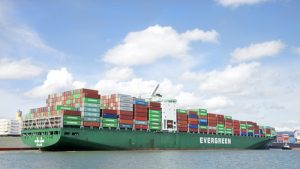 Demand for recovered commodities sent to China may further diminish as another round of import inspections threatens to slow or shutter Chinese processors.
Demand for recovered commodities sent to China may further diminish as another round of import inspections threatens to slow or shutter Chinese processors.
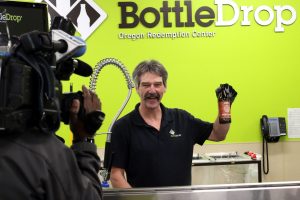 Oregon’s bottle deposit program has begun accepting used glass bottles for refilling.
Oregon’s bottle deposit program has begun accepting used glass bottles for refilling.
 Two pieces of legislation recently introduced in Connecticut aim to reshape the state’s deposit system. One bill expands the state’s 5-cent deposit on beverage containers, and the other removes it.
Two pieces of legislation recently introduced in Connecticut aim to reshape the state’s deposit system. One bill expands the state’s 5-cent deposit on beverage containers, and the other removes it.
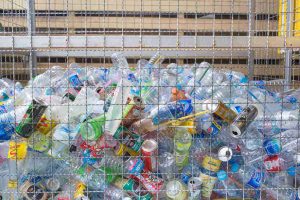 The Golden State’s container redemption program differs from bottle bills in other states, and according to a new study, that might be bringing it down.
The Golden State’s container redemption program differs from bottle bills in other states, and according to a new study, that might be bringing it down.
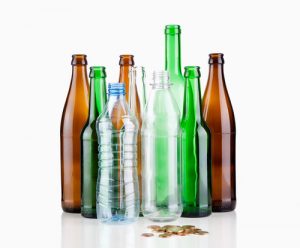 With the frequency of container deposit-related legislation, advocates often look to other states for examples of what to expect when a new law is proposed, and there’s no shortage of states to refer to.
With the frequency of container deposit-related legislation, advocates often look to other states for examples of what to expect when a new law is proposed, and there’s no shortage of states to refer to.
